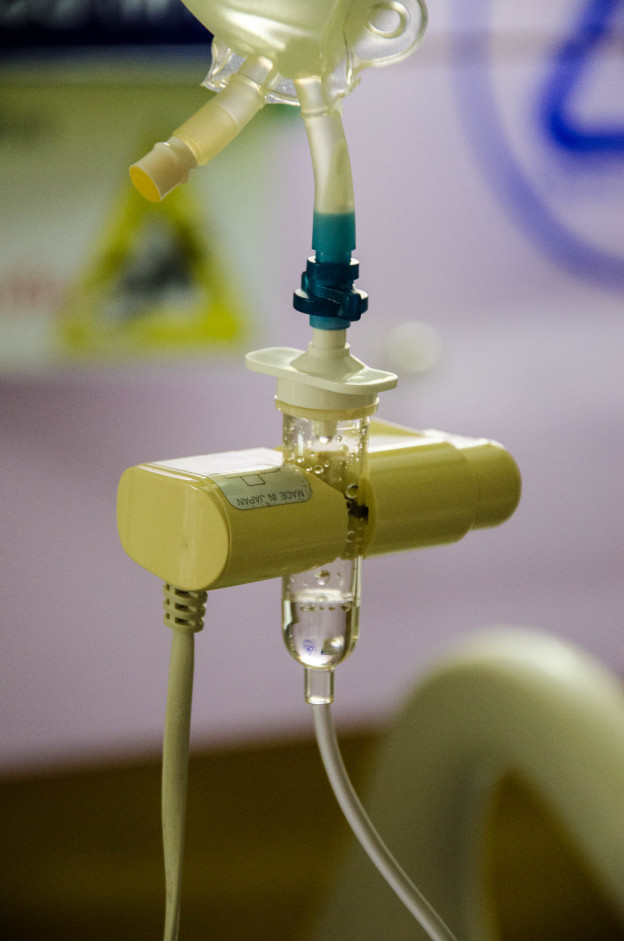
Licensed practical nurses (LPN) are a critical part of any healthcare team. Also known as licensed vocational nurses (LVN) in California and Texas, LPNs perform a variety of daily tasks and duties in healthcare facilities across the country. But exactly what does an LPN do? We’ll explain that and more below.
What Does an LPN Do?
So what does an LPN do? First and foremost, an LPN is responsible for providing basic nursing care to patients in need. LPNs work directly under the supervision of a doctor, physician or registered nurse. Some of the daily tasks and responsibilities of an LPN include:
- Keeping accurate records of patient medical histories
- Providing assistance while a patient bathes or gets dressed
- Provide patient updates to doctors and RNs
- Check vital signs
- Provide doctors and nurses with assistance during tests
- Providing care to infants
- Administer medications and IV drips
- Monitor medications prescribed and a patient’s subsequent response to medication
Depending upon where you practice nursing, there may be some state regulations in place that put restrictions on what LPNs are allowed to do. State guidelines may also force LPNs to perform certain duties only when they are under the supervision of a physician or an RN.
What Does an LPN Do? – Work Environment
While many LPNs typically work in hospitals, there are a variety of different places they can also practice their craft. LPNs are commonly found in physician’s offices around the country. In this environment, LPNs generally assist patients before they are examined by a doctor. LPNs can also help make appointments.
LPNs can also be found in nursing homes and facilities, home health care clinics, correctional facilities, and military locations. LPNs can also be employed as travel nurses and provide care to patients in remote locations of the world.
